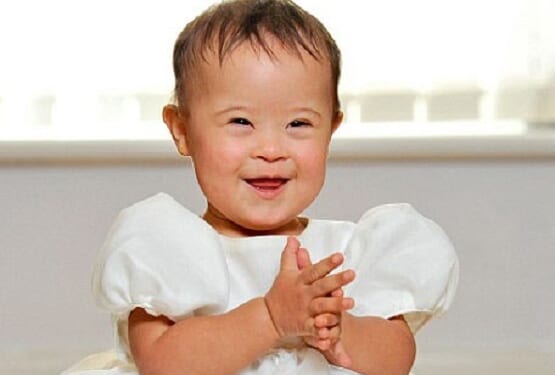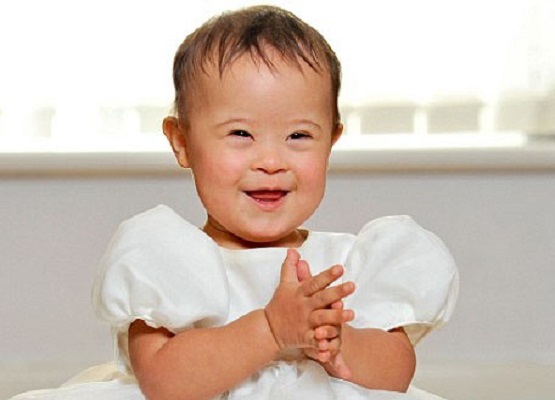“Pure Joy!” commented one of my Facebook friends on the reel I posted of my 23-year-old daughter riding the Carousel. If you consider it uncommon for a 23-year-old to inspire such a comment, you must understand something: my daughter has Down syndrome.
Few people live life with such whole-hearted gusto, expressing their joy without reservation as those who have an extra copy of Chromosome 21. They lack the fear of the disapproval of others, of not being ‘cool,’ and thus are free to express their joy without reservations. It’s a beautiful thing, but it’s becoming rarer.
SUPPORT LIFENEWS! If you want to help fight abortion, please donate to LifeNews.com!
That is why it was so devastating to read on X yesterday that the abortion rate for preborn babies with Down syndrome in Ireland is 95 percent. It was not always that way.
Before abortion was legalized with a national referendum, it was a common sight to see people with Down syndrome everywhere in Ireland. Ten years ago, a visiting American doctor once commented upon the prevalence of such people in Ireland, and was told by her host, “abortion is illegal in Ireland, so babies who have Down syndrome are not aborted.”
Tragically, as soon as the referendum on abortion passed, and the law allowed prenatal testing and abortion for genetic anomalies, women in Ireland rejected their unborn babies with Down syndrome at the same rate as the rest of Europe. Some nations, like Iceland, are making a concerted effort to eliminate those have Down syndrome, making the abortion rate closer to 100 percent.
This is not progress. This is not women’s health.
This is wholesale genocide of a category of human beings because of their genetic makeup. It is denying the dignity of people who do not measure up to our standards of perfection, by making sure they never see the light of day.
When we judge others by their beauty, income, or how much they inconvenience us, we had better be careful where we draw the line. One day, we ourselves may experience diminished capacity and be included in the category that Nazi Germany called “Life unworthy of Life.”
Canada has recently reached a wretched milestone: 90,000 Canadians have chosen MAiD (Medical Assistance in Dying). Most were not terminally ill, they were merely people who either felt that life was too burdensome, or who the medical profession has convinced are a burden on the system.
Many had disabilities and were denied basic services, like medical care or housing. They were offered medically assisted death instead of a home or an expensive medical treatment.
As our population ages, more of us will enter that category of disabled. My own father, at 93 is in cognitive decline, confusing his days and nights. In New York, where he lives, the Legislature has passed the physician assisted suicide bill, and it sits on the desk of Governor Kathy Hochul.
Why don’t we as the wealthiest societies in the history of the world, stop evaluating others by what they require of us, and endeavor to notice what they bring to our lives, supporting them without measuring their value, in a utilitarian scale?
Why are we so stingy with our love and support of the neediest members of society?
In his 1923 directorial debut, Charlie Chaplin’s movie “A Woman of Paris” depicts the life of Marie St Clair, an innocent country woman who is attempting to elope to Paris with Jean, a poor artist. A misunderstanding occurs, and Marie believes she was jilted. She becomes the mistress of a Paris playboy. Years later, Jean pursues her, but she at first rejects him and he commits suicide.
I fully expected Marie to immerse herself in the frenzied decadence of 1920’s Paris, as many American writers like F. Scott Fitzgerald and Ernest Hemingway did. Instead, she brings Jean’s elderly mother to share a simple country home where they care for a number of orphans.
When the parish priest asks her when she’s going to start a family of her own, she merely smiles, because she has already discovered the source of true joy: caring for others.
Is it too late to hope for our culture to rediscover this long-forgotten secret?












